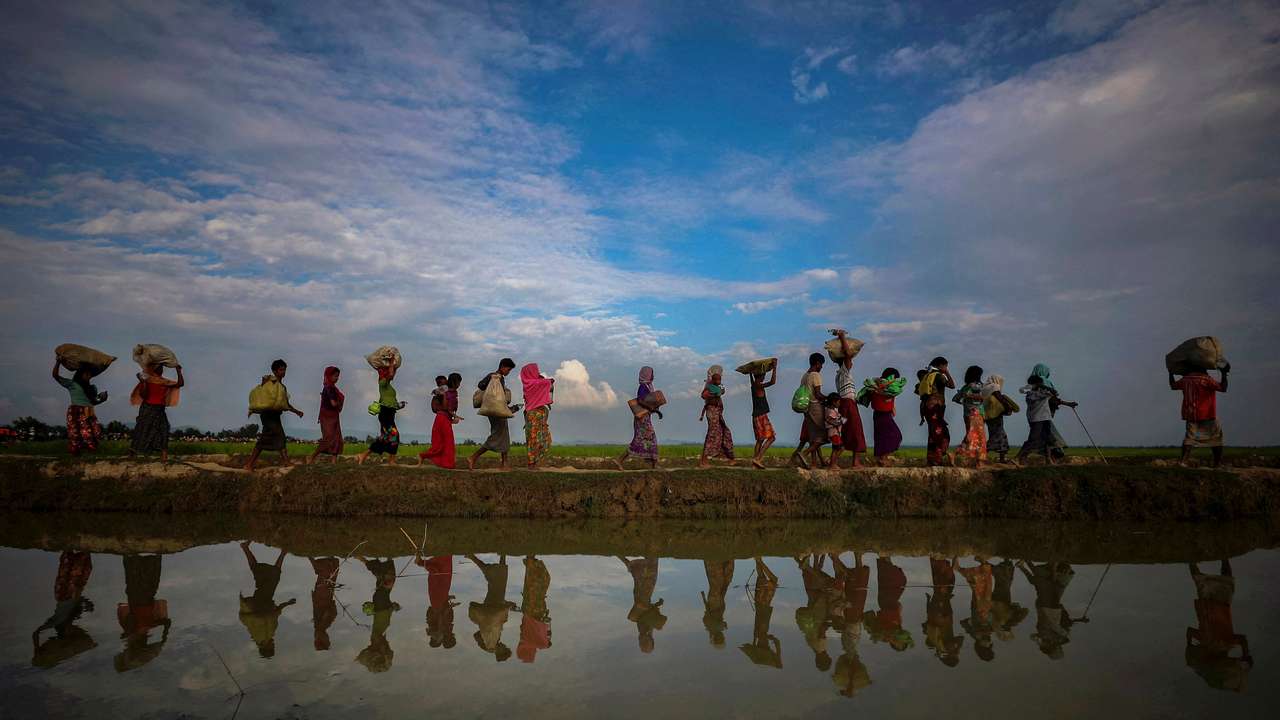Brazil’s COP30: Why refugee inclusion could set a new climate standard

The UN migration agency is urging negotiators to weave “climate mobility” into the fabric of adaptation policy, arguing that protecting people who move and those who choose to stay, must be treated as core climate action rather than a humanitarian afterthought.
According to Deputy Director General of the International Organisation for Migration (IOM), Ugochi Daniels, “People and communities who choose to stay must be safe, and those who decide to move must have the option to do so with dignity.”
The agency, which runs community-led projects in 80 countries, wants mobility formally embedded in national adaptation plans and backed by finance, including loss-and-damage funds.
On the back of this, Haitian refugee Robert Montinard, who fled after the 2010 earthquake, now leads Brazil’s Mawon Association and says the debate cannot be confined to technical rooms. “We want to be part of the solution,” he told UN News. Earlier in the week he handed a package of recommendations to First Lady Rosângela “Janja” da Silva and Environment Minister Marina Silva, including municipal climate councils, measures against environmental racism and locally trained brigades to respond to disasters.
From the Horn of Africa, Makebib Tadesse described how climate stress is amplifying tensions over land and water in Ethiopia, fuelling a “continuous cycle of violence and displacement”. In parts of the north, he said, the impact of climate change now rivals or surpasses the devastation left by past conflict.
Their message is further amplified by UNHCR Goodwill Ambassador Alfonso Herrera. The Mexican actor, who has visited displaced communities across Latin America, says Brazil’s openness to refugees stands out “when so many other countries take the completely opposite attitude”.
IOM and UNHCR contend that integrating mobility into adaptation would bring concrete results like clearer rules for planned relocation before disasters strike, safer internal and cross-border movement when staying is no longer viable, and targeted investment in services for communities absorbing new arrivals.
This story is written and edited by the Global South World team, you can contact us here.